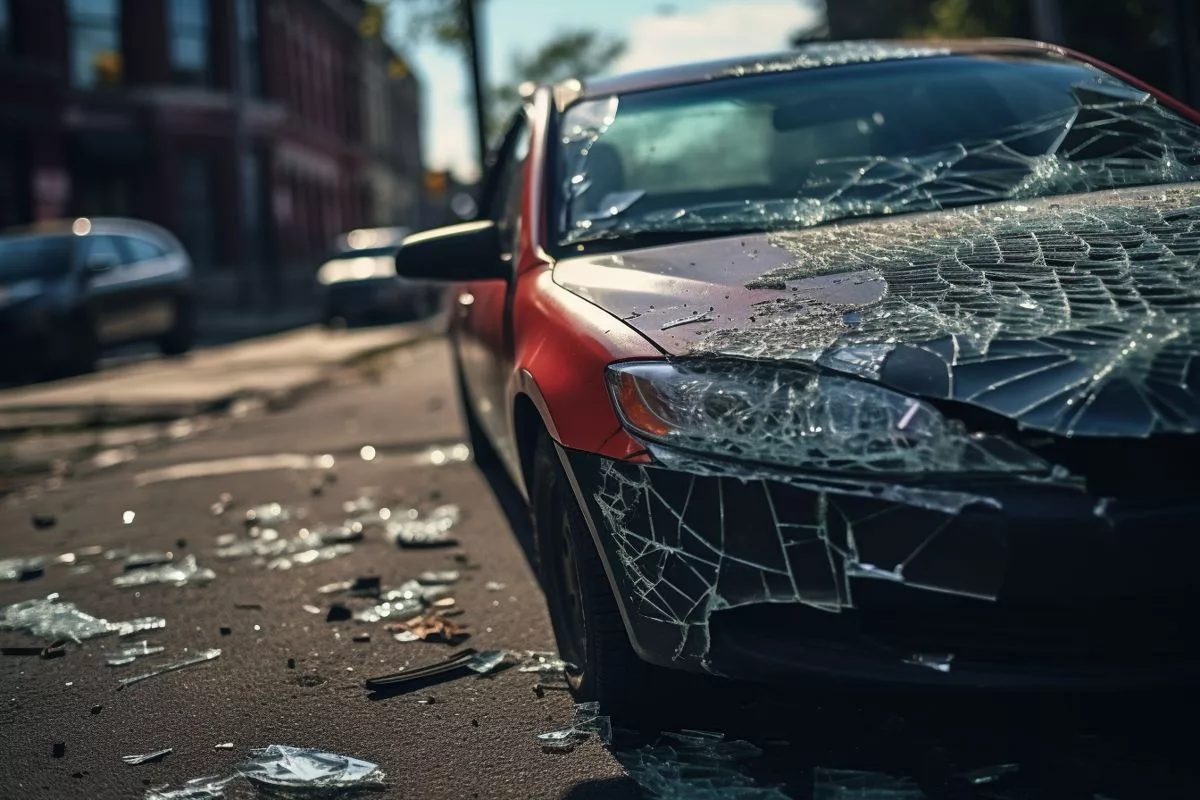There has been a disturbing surge in attacks on emergency and enforcement personnel, endangering the essential services they provide to communities. The consequences on service provision and public safety cannot be underestimated. The Safety and Security Directorate is implementing body cameras and dashboard-mounted devices to identify and prosecute culprits, and it is crucial to support and value the endeavors of our uniformed personnel and hold the perpetrators accountable.
What is the current trend in attacks on emergency and enforcement personnel?
There has been a disturbing surge in the number and intensity of assaults targeting uniformed employees in emergency response and law enforcement sectors. This pattern endangers the essential services these professionals offer to our communities, and the consequences on service provision and public safety cannot be underestimated. The Safety and Security Directorate is implementing body cameras and dashboard-mounted devices to identify culprits and prosecute them. It is crucial to support and value the endeavors of our uniformed personnel and hold the perpetrators accountable.
A Disturbing Surge in Attacks on Uniformed Staff
In recent times, there has been a troubling upswing in both the number and intensity of assaults targeting uniformed employees in emergency response and law enforcement sectors. This alarming pattern, characterized by its regularity and audacity, endangers the essential services these skilled professionals offer to our communities. This article discusses the various occurrences, the possible effects on service provision, and presents an understanding of the wider consequences of this aggression.
From the close of July onwards, multiple assaults on safety and security service personnel have been documented. The most grave instances include the killing of two law enforcement officers, two others shot and injured in separate events, an attack on two traffic officers in Philippi, and assaults on firefighters responding to incidents in Elsies River and Kraaifontein. The Metro Police Department logged a total of 15 staff assaults between July and September.
One especially chilling event involved a female officer driving in Delft who was targeted by a taxi driver attempting to force her off the road. The passengers in the taxi subsequently began to hurl stones at her vehicle, only retreating when reinforcements arrived. In another case in Elsies River, a group unleashed a dog on an officer and his coworkers attempting to detain a smash-and-grab suspect. The situation intensified, with community members menacing the officers.
The Wider Impact of Violence on Emergency and Enforcement Staff
These acts of aggression are not exclusive to uniformed staff. During the same timeframe, at least twelve Traffic Service vehicles were damaged as a result of protest-related stone-throwing events, including two that were firebombed.
The Safety and Security Portfolio Committee is extremely troubled and denounces these assaults in the harshest terms. The committee’s chairperson, Councillor Mzwakhe Nqavashe, asserts that the personnel being targeted devote their utmost effort to serve communities, frequently under difficult conditions. He expresses his dismay at the widespread and extreme nature of these attacks.
While insurance can cover damages and lost equipment, the larger expenses of these attacks are immeasurable. Referring to the consequences on service provision, Nqavashe explains that each damaged vehicle requiring repair equates to one fewer vehicle available for proactive crime prevention patrols. Additionally, each assaulted staff member results in days, or even weeks, of one fewer officer on duty, ultimately impacting the communities that depend on these services.
Moreover, the emotional and psychological trauma inflicted on the staff must not be overlooked. The enduring effects of these incidents can influence the mental health and well-being of these professionals, possibly affecting their capacity to perform their duties in the future.
Addressing the Surge in Violence and Supporting our Uniformed Professionals
In response to this mounting aggression, the Safety and Security Directorate is implementing body cameras and dashboard-mounted devices. These technologies should make it increasingly difficult for offenders to avoid apprehension. Nqavashe is hopeful that as more culprits are identified and prosecuted, the frequency of such malevolent acts will diminish.
It is crucial that society collectively recognizes the courage and commitment of our uniformed personnel. These professionals risk their lives every day to ensure the safety and security of our communities, and it is our obligation to support and value their endeavors. By doing so, we cultivate an environment that appreciates public service and discourages senseless acts of hostility.
In summary, the increase in attacks on emergency and enforcement service staff is a reason for significant concern. The potential ramifications for service provision and public safety cannot be underestimated. By fostering a culture of appreciation and respect for these professionals, and by holding the perpetrators accountable, we aim to reverse this alarming trend and establish a safer environment for all.
1. What is the current trend in attacks on emergency and enforcement personnel?
There has been a disturbing surge in the number and intensity of assaults targeting uniformed employees in emergency response and law enforcement sectors. This pattern endangers the essential services these professionals offer to our communities, and the consequences on service provision and public safety cannot be underestimated. The Safety and Security Directorate is implementing body cameras and dashboard-mounted devices to identify culprits and prosecute them. It is crucial to support and value the endeavors of our uniformed personnel and hold the perpetrators accountable.
2. What kind of emergency and enforcement personnel are being attacked?
Uniformed employees in emergency response and law enforcement sectors are being targeted, including law enforcement officers, traffic officers, and firefighters.
3. What are some examples of recent attacks on emergency and enforcement personnel?
Recent attacks include the killing of two law enforcement officers, two others shot and injured, an attack on two traffic officers, and assaults on firefighters responding to incidents.
4. What is the impact of violence on emergency and enforcement staff?
The impact of violence on emergency and enforcement staff is immeasurable, including damages to vehicles, lost equipment, lost working days, and potential mental health trauma.
5. What is the Safety and Security Directorate doing to address the surge in violence?
The Safety and Security Directorate is implementing body cameras and dashboard-mounted devices to identify and prosecute culprits.
6. How can society support and value the endeavors of emergency and enforcement personnel?
By fostering a culture of appreciation and respect for these professionals, society can support and value their endeavors and discourage senseless acts of hostility.
7. What are the potential ramifications for service provision and public safety?
The potential ramifications for service provision and public safety cannot be underestimated, as each damaged vehicle requiring repair equates to one fewer vehicle available for proactive crime prevention patrols, and each assaulted staff member results in days, or even weeks, of one fewer officer on duty, ultimately impacting the communities that depend on these services.
8. What can be done to reverse this alarming trend and establish a safer environment for all?
By holding the perpetrators accountable and fostering a culture of appreciation and respect for these professionals, society can aim to reverse this alarming trend and establish a safer environment for all.








